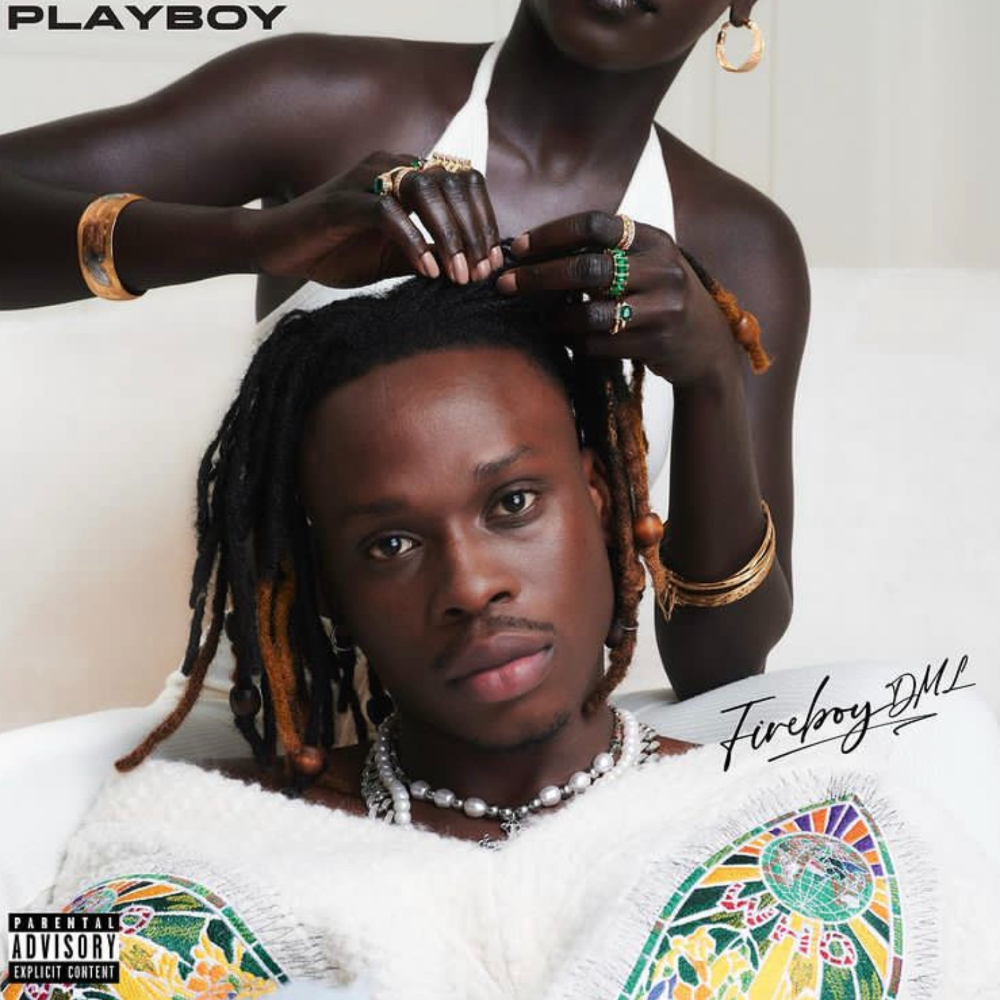
Best New Music: Fireboy DML’s “Ashawo” is a relatable tale about modern relationships
"I’m ready to come out to play. I’m ready to step into my superstar element."

"I’m ready to come out to play. I’m ready to step into my superstar element."
Last Friday, YBNL/Empire’s Fireboy DML released his third studio album ‘Playboy,’ a smooth 14-tracker which finds him changing his sonic gears, taking a swift turn from the moody vulnerability of 2019’s debut album ‘Laughter, Tears, and Goosebumps,’ and 2020’s boisterous cut, ‘APOLLO.’
On ‘Playboy,’ Fireboy DML performs at his best capacity, drawing inspiration from the album’s title to weave playful songs and charming radio and playlist-friendly records about getting his shit together, embarking on new journeys after his first visit to the United States, and his first tour, as well as settling into this new stage of his career.
View this post on Instagram
Speaking to Apple Music, at the time of the album’s release, Fireboy DML clarified that the album’s title ‘Playboy’ was not meant to negatively connote feelings of unseriousness or non-commitment but rather as a declaration of his willingness to up his game. This is the phrase ‘boy, play’. I’m ready to come out to play. I’m ready to step into my superstar element. I’m ready to be more expressive. Not careless, but carefree—someone that’s willing to come out and play, and just have fun and relax. I was always holding back—now, I’m telling my truth,” he candidly shared, letting listeners in on his process.
With this renewed sense of vision, Fireboy DML returns to the mic after a spell of writer’s block to deliver some of his most honest and sincere work to date. Featuring local and international acts including Shenseea, Chris Brown, Rema, Adore and more, Fireboy DML creates music that reveals his artistic layers and lays bare his loverboy anguish.
While every song is a hit, as attested by the NATIVE’s editorial team, a sharp standout is the Telz-produced single, “Ashawo” which finds Fireboy DML at his most relaxed, creating music that is beautifully layered without taking itself too seriously. Fireboy DML shows his lyrical capability over the nasal guitar strings led by Amechi Donald. Presenting listeners with the reality of a promiscuous world, he uses the Nigerian term “ashawo” to paint a vivid description of relationships in the new age.
Singing “if I cheat on you, I’m sorry, and if you cheat on me, no worry” he defends himself by stating it’s not his fault he has grown to be a playboy, rather it is the price of fame and alcohol. Making numerous bold statements Fireboy convinces the listeners that the intoxication of alcohol and persistent calls from women have transformed him into an “ashawo”. Despite this, he still professes his love to his muse understanding the strength of human desire as he promises not to crucify her when she cheats as long as she doesn’t get perplexed when he does the same.
View this post on Instagram
On “Ashawo,” Fireboy DML shows off his knack for masking blunt lines with honeyed tones. While he is certainly aware of his romantic flaws, he blames it on his surroundings, explaining that his lifestyle and what it accords has led him to the person he currently is. In romantic relationships, its proven that men will put their desires first above anything else, and Fireboy DML upholds these harmful practices with lyrics such as “No be my fault say I famous oh/Make I no cast for Lagos” defending casual sexual relationships.
Across an irresistibly catchy production, Fireboy DML makes a case for the fuck boys and heartbreakers, utilising slangs and sayings in English and his native language to accentuate both his vocal and lyrical capability. He flips a known Yoruba term “Ashawo,” which typically has negative connotations into a title to be worn with pride because we are all capable of falling prey to our lustful desires.
Whether you can relate to his message or not, it’s upbeat and catchy, and that’s exactly what we all need right now. In modern romantic relationships where there is a thin line between love, lust, and desire “Ashawo” is a bitter-sweet testimony of 21st-century love.
Listen to “Ashawo” and stream ‘Playboy’ below.
Featured image credits/

